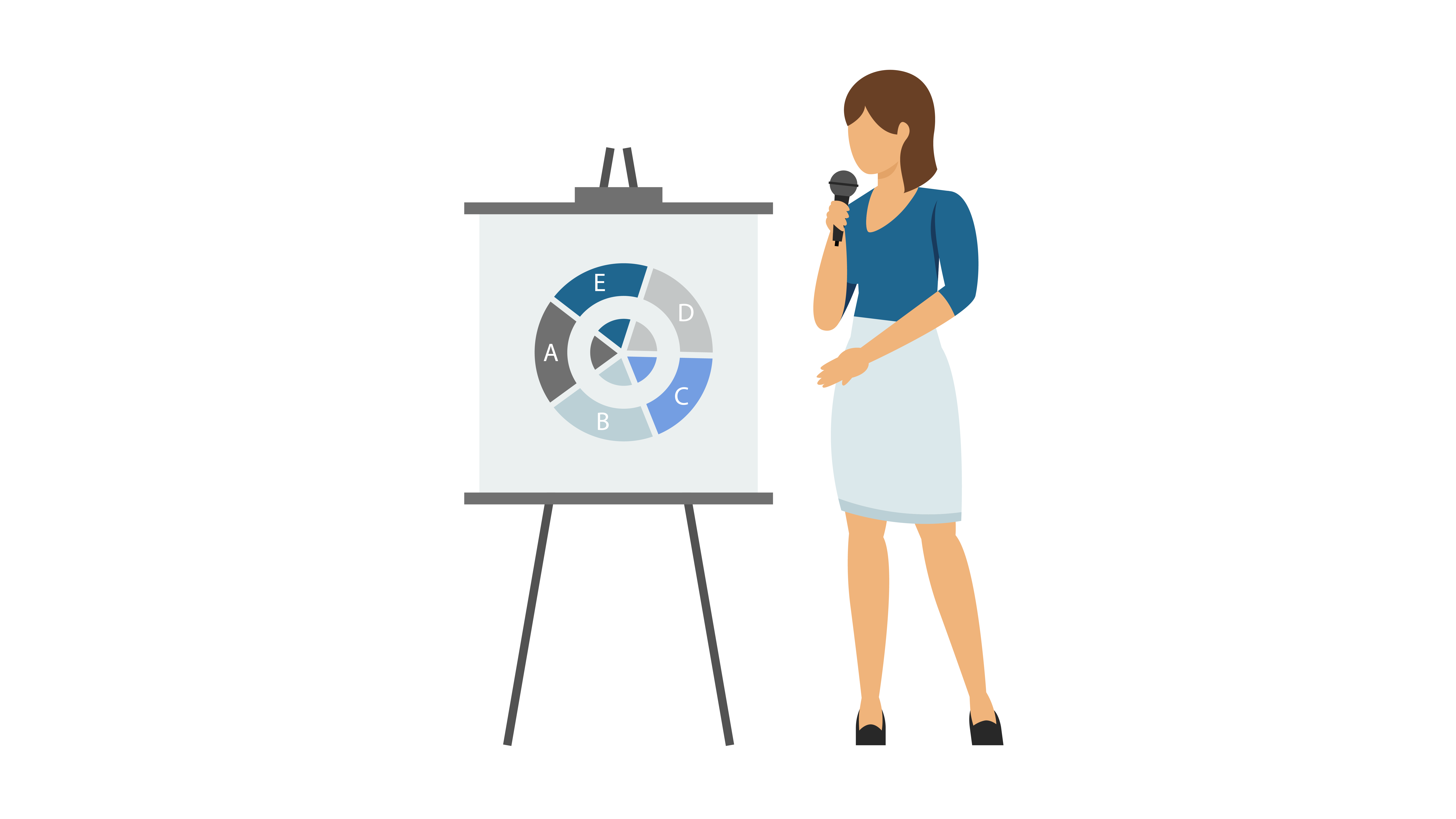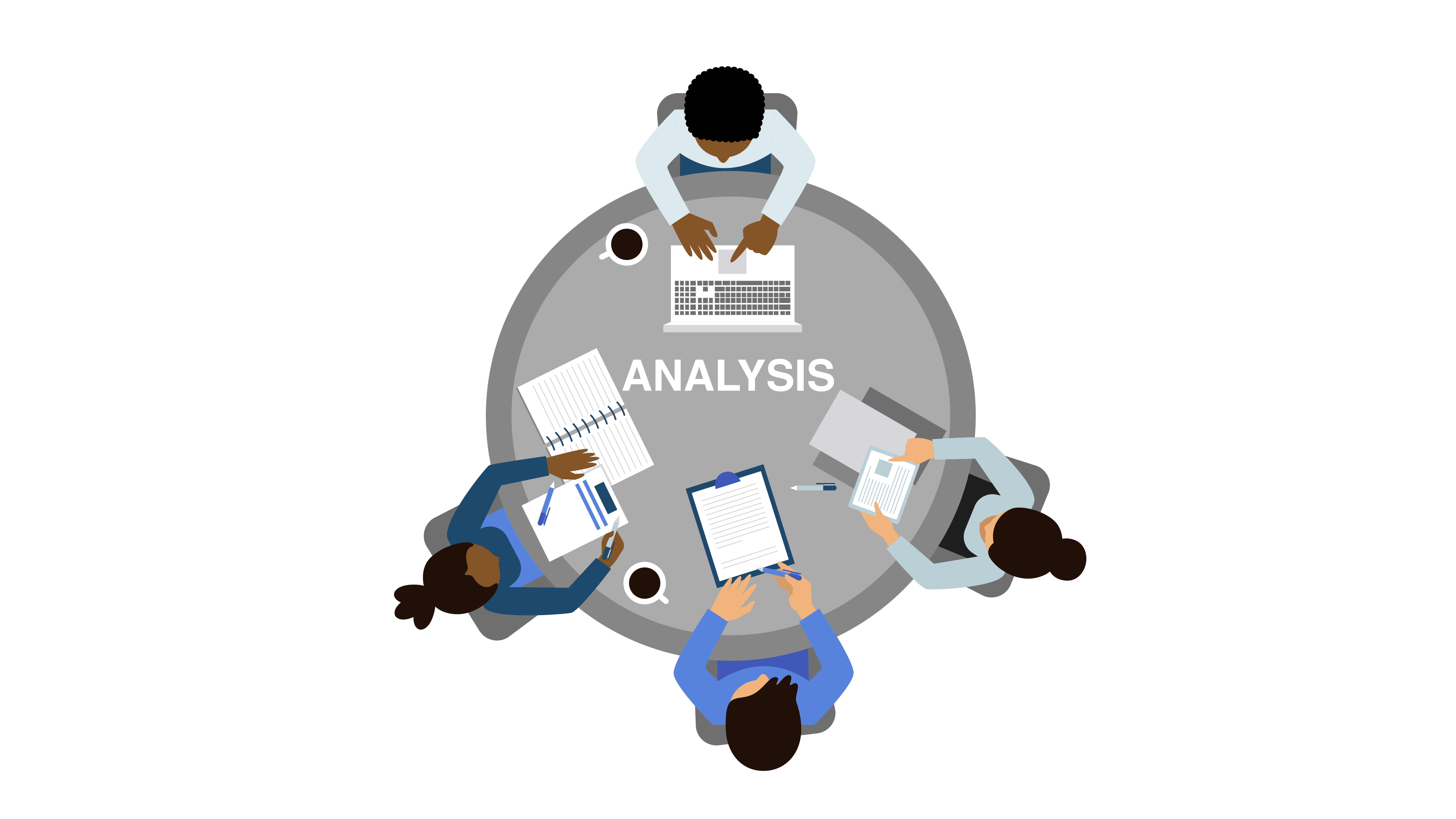All Categories
Featured
Customer data platforms (CDPs) are an essential tool for companies which want to collect information, manage, and store customer information in one central data center. These software applications give an improved and complete picture of customers' needs, which can be used to target marketing and personalize the customer experience. CDPs also offer a range of functions, including data governance as well as data quality and formatting, data segmentation and compliance to ensure that customer data is recorded, stored, and utilized in a regulated and organized way. With the ability to pull data from various APIs and other APIs, a CDP can also help organizations place customers at the heart of their marketing campaigns and improve their operations and get their customers involved. This article will discuss the benefits of CDPs for organizations.
cdp meaning
Understanding the functions of CDPs. The customer data platform (CDP), is software that lets companies gather, store and manage the customer's information from one central location. This gives you a greater and more complete picture of your customer and lets you target marketing and personalize customer experiences.
-
Data Governance Data Governance: One of the primary advantages of a CDP is its capability to classify, protect and monitor information being integrated. This includes profiling, division and cleansing of incoming data. This ensures compliance with data regulations and policies.
-
Quality of the Data: It's important that CDPs make sure that the information they collect is of high quality. This means ensuring that the data is properly input and has the required standards of quality. This reduces the expenses associated with cleaning, transformation, and storage.
-
Data Formatting The use of a CDP can also be utilized to ensure that data follows the predefined format. This allows data types like dates to be linked across customer information and helps ensure the same and consistent data entry. cdp's
-
Data Segmentation Data Segmentation: A CDP also allows for the segmentation of customer data to gain a better understanding of the different types of customers. This allows you to compare different groups to one another , and to get the appropriate sample distribution.
-
Compliance A CDP permits organizations to manage the information of customers in a legal way. It lets you define safe policies and classify information based on them. You can even detect compliance violations while making marketing decisions.
-
Platform Selection: There are different types of CDPs, so it is important to comprehend your requirements for deciding on the right platform. This includes considering features like privacy of data and the capability to pull data from different APIs. cdps
-
Putting the Customer in the center: A CDP permits the integration of live customer data. This allows for immediate accuracy as well as the precision and consistency that every marketing department needs to increase efficiency and connect with customers.
-
Chat billing, Chat With CDP, you can get the information you need for billing, chats, and more. CDP it's simple to understand the context you require to have a productive conversation, no matter if it's past chats or billing.
-
CMOs and Big Data: According to the CMO Council 61% of CMOs believe they're not using big data effectively. The 360-degree view of customers offered by a CDP is a fantastic way to overcome this problem and improve customer service and marketing.
With a lot of various kinds of marketing innovation out there each one usually with its own three-letter acronym you might wonder where CDPs come from. Even though CDPs are amongst today's most popular marketing tools, they're not an entirely new idea. Instead, they're the most recent step in the advancement of how online marketers manage consumer data and consumer relationships (Marketing Cdp).

For a lot of marketers, the single greatest value of a CDP is its capability to section audiences. With the abilities of a CDP, marketers can see how a single client communicates with their business's various brand names, and identify chances for increased customization and cross-selling. Of course, there's far more to a CDP than division.
Beyond audience division, there are three big reasons your business may want a CDP: suppression, customization, and insights. One of the most fascinating things online marketers can do with information is identify clients to not target. This is called suppression, and it's part of providing truly personalized customer journeys (Customer Data Platfrom). When a client's unified profile in your CDP includes their marketing and purchase information, you can suppress ads to clients who've already purchased.

With a view of every customer's marketing interactions linked to ecommerce information, site check outs, and more, everyone across marketing, sales, service, and all your other teams has the possibility to comprehend more about each client and provide more individualized, relevant engagement. CDPs can help marketers attend to the root triggers of much of their biggest day-to-day marketing issues (Customer Data Platfrom).
When your data is disconnected, it's harder to comprehend your consumers and create meaningful connections with them. As the number of information sources utilized by marketers continues to increase, it's more crucial than ever to have a CDP as a single source of truth to bring it all together.
An engagement CDP uses client information to power real-time personalization and engagement for consumers on digital platforms, such as websites and mobile apps. Insights CDPs and engagement CDPs comprise the bulk of the CDP market today. Really couple of CDPs consist of both of these functions equally. To select a CDP, your company's stakeholders should consider whether an insights CDP or an engagement CDP would be best for your requirements, and research the couple of CDP alternatives that include both. What Are Cdps.
Redpoint GlobalLatest Posts
The Importance of a Customer Data Platform (CDP) for Targeted Marketing
The Role of CDPs in Reducing Additional Expenses for Data Management
CDPs and the Role of Data Governance in Compliance